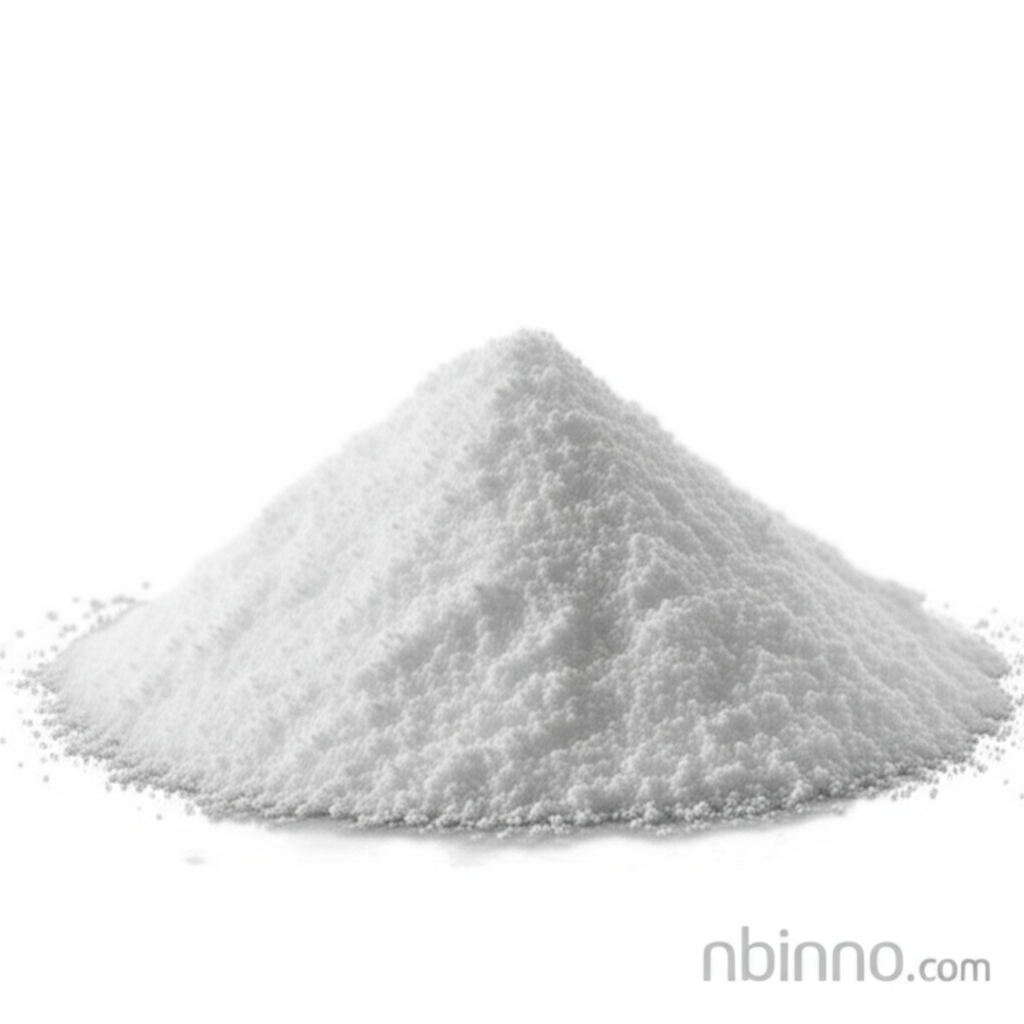Microcrystalline Cellulose PH-101/PH-102: A Comprehensive Guide to Pharmaceutical Excipient Applications
Discover the essential role of Microcrystalline Cellulose in creating high-quality pharmaceutical tablets and capsules.
Get a Quote & SampleProduct Core Value

Microcrystalline Cellulose
Microcrystalline Cellulose (MCC) is a highly purified, partially depolymerized cellulose derived from wood pulp or other plant sources. It is a white, odorless, tasteless powder widely utilized in the pharmaceutical industry for its exceptional binding, filling, and disintegrant properties, crucial for tablet and capsule formulations.
- Explore the pharmaceutical grade microcrystalline cellulose that enhances tabletability, ensuring robust tablet formation.
- Understand how MCC binder and disintegrant properties contribute to efficient drug release and bioavailability.
- Learn about the applications of MCC PH-101 properties and MCC PH-102 applications in various dosage forms.
- Discover the benefits of using microcrystalline cellulose for tablets in both direct compression and wet granulation processes.
Key Advantages of Using Microcrystalline Cellulose
Superior Binding Capabilities
Leverage MCC's strong binding properties, a key factor when considering pharmaceutical grade microcrystalline cellulose, to create tablets with excellent mechanical strength and integrity.
Enhanced Compressibility and Flow
Benefit from MCC's inherent compressibility and improved flow, vital for consistent tablet weight and content uniformity, particularly relevant for direct compression excipient MCC.
Effective Disintegration
Utilize MCC's role as a disintegrant to ensure rapid tablet breakdown, promoting faster drug release and better absorption, a core aspect of microcrystalline cellulose drug release.
Key Applications
Tablet Manufacturing
As a primary excipient, MCC is essential for producing tablets with optimal hardness, disintegration, and dissolution profiles, crucial for effective drug delivery.
Capsule Filling
MCC serves as a filler and binder in capsules, ensuring uniform content and proper bulking for accurate dosing.
Wet Granulation
Its wicking action makes MCC an ideal component in wet granulation, promoting uniform granule formation and drying, as highlighted in the benefits of MCC in wet granulation.
Direct Compression
MCC is a cornerstone for direct compression, allowing efficient tablet manufacturing with fewer steps and excellent compactibility, showcasing its utility as a direct compression excipient MCC.
